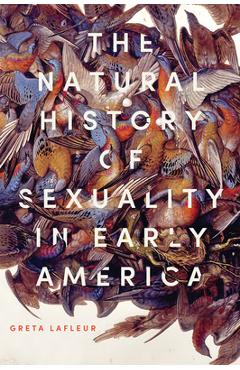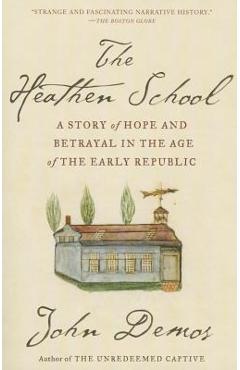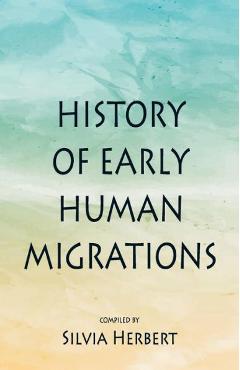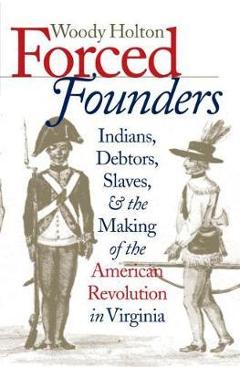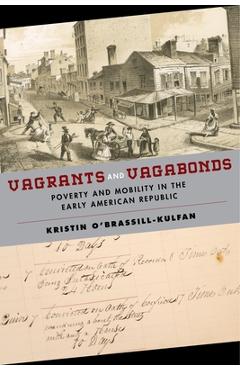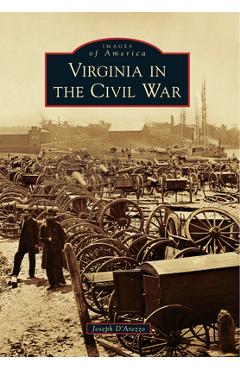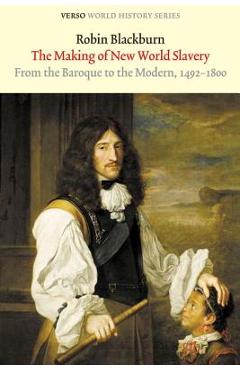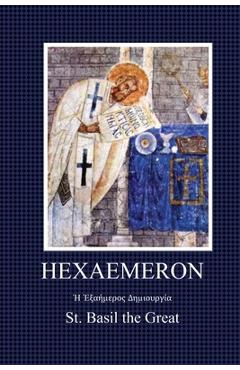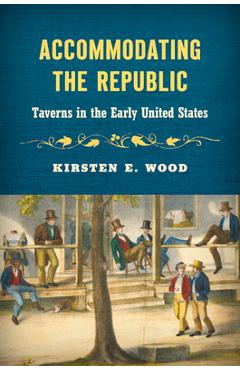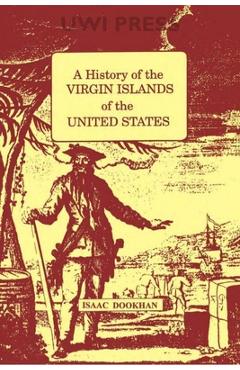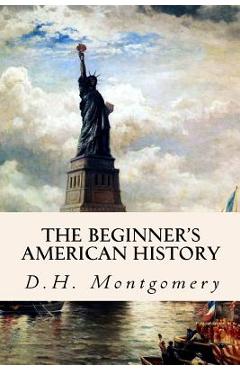Thomas Jefferson (1743-1826) was the principal author of the Declaration of Independence (1776) and the third President of the United States (1801-1809). He was an influential Founding Father, and an exponent of Jeffersonian democracy. Jefferson often referred to America as a great "Empire of Liberty" that would promote republicanism. At the beginning of the American Revolution, Jefferson served in the Continental Congress, representing Virginia. He then served as the wartime Governor of Virginia (1779-1781), barely escaping capture by the British in 1781. From mid-1784 Jefferson served as a diplomat, stationed in Paris, initially as a commissioner to help negotiate commercial treaties. In May 1785, he became the United States Minister to France. He was the first United States Secretary of State, (1789-1793). During the administration of President George Washington, Jefferson advised against a national bank and the Jay Treaty. He was the eponym of Jeffersonian democracy and the co-founder and leader of the Democratic-Republican Party, which dominated American politics for 25 years. Jefferson was born, and married into, prominent planter families; he was a loving husband to his wife Martha, who died in childbirth, and an affectionate father to their children. As a planter, Jefferson owned hundreds of slaves throughout his life; he held views on the racial inferiority of Africans common among Virginians for this period in time. After his wife died, Jefferson had an intimate relationship with his slave Sally Hemings, and had six children by her. A participant in The Enlightenment, Jefferson was a polymath who spoke five languages and was deeply interested in science and political philosophy. He wrote more than sixteen thousand letters and was acquainted with many influential people in America and Europe. Along with most southern planters, he disliked the international slave trade and presided over its abolition in 1807. Jefferson is typically rated by historical scholars as one of the greatest U.S. presidents.










